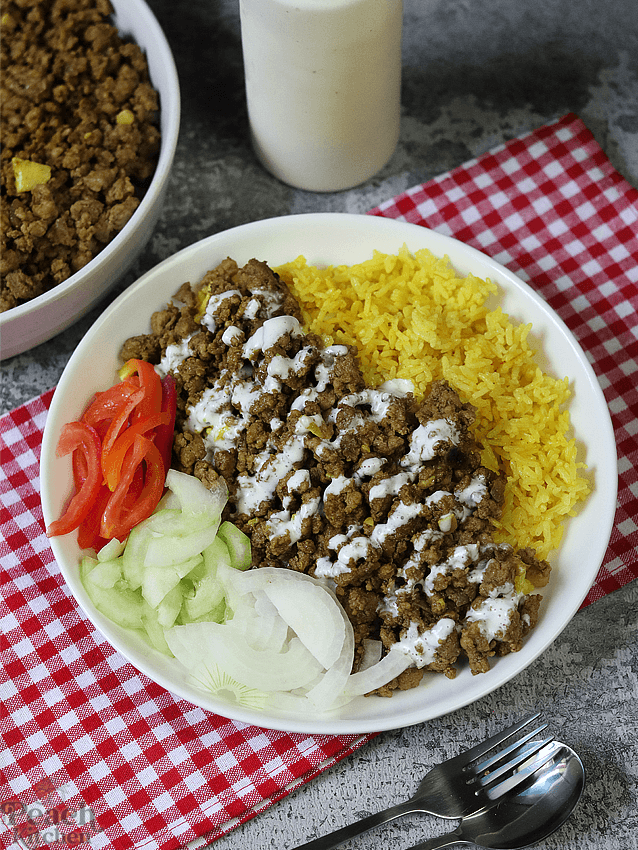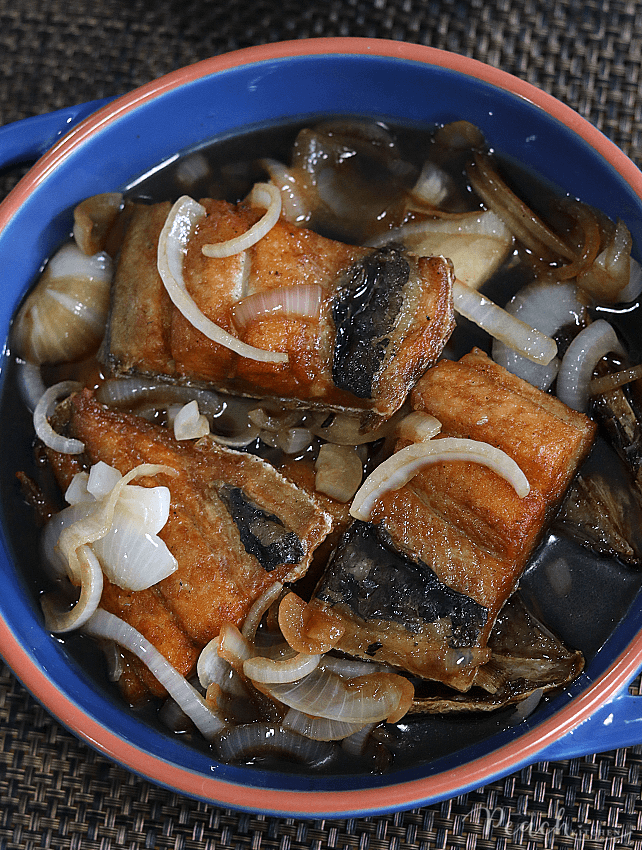The truth is, healthy fats do exist and they’re the cornerstone of a clean ketogenic diet. In fact, your body will be thanking you for embracing healthy fats!
Fat is often seen as a dietary villain, and for some fats, that’s rightfully so.
But not all fats are created equal. Healthy fats do exist, and they’re the foundation of the Ketogenic Diet. Let’s breakdown good fats vs. harmful fats once and for all.

Healthy Fats
Monosaturated fats
Monosaturated fats reduce the risk of cardiovascular disease, are anti-inflammatory, and contain vital, healthy nutrients. Avocados, olive oil, almonds, pecans, cashews, and macadamia nuts are all excellent sources of healthy fats.
Polyunsaturated fats
Omega-3 and omega-6 fatty acids are polyunsaturated fats that are essential for brain function and cell growth.
- Omega-3s are advantageous for every aspect of heart health, and excellent sources of omega 3’s can be found in fish, nuts, algae, and seeds.
- Omega-6s fatty acids work adjacent to omega-3s to lower LDL cholesterol. Due to the poor quality of the protein in the U. S & amount of refined oils in products, omega-6 fats are easily consumed. So make sure your omega-3 intake is consistently higher than omega-6s with quality proteins and organic vegetables. In most American diets, omega-6s, significantly outweigh omega-3s, and research suggests that consuming more omega-6 than omega-3 fats may contribute to increased inflammation and possible weight gain.
Saturated fats
Saturated fats are a little more complicated.
When eaten with carbohydrates, saturated fats are typically unhealthy, but when eaten alone, saturated fats are much better.
Many healthy foods approved by the ketogenic diet have some saturated fat in them, but fat content makes up a small percentage of nutrients. Eating saturated fats won’t negate the beneficial effects of healthy fats.
Bad Fats
Trans fats
Most trans fats are found in processed foods and listed on nutrition labels as “partially hydrogenated oils.”
These fats are incredibly unhealthy and typically raise your LDL cholesterol while lowering your HDL cholesterol, which supports healthy blood vessels.
What’s worse, is that trans fats can increase your risk of developing heart disease and stroke, according to the American Heart Association. They’re also often associated with an increased risk of developing type 2 diabetes.
Refined oils
There are many diverse kinds of commercially refined vegetable-based oils on the market, like grapeseed oil, soybean oil, canola oil, sunflower oil, corn oil, safflower oil, and peanut oil.
Refined cooking oils are produced by highly intensive mechanical and chemical processes to extract oil from seeds. This extraction process removes the essential nutrients from the grains and produces a final product that oxidizes rapidly. The oxidation factor causes the oils to become carcinogenic, generating free radicals within the body, especially when heated.
Consumption of these refined oils is linked to widespread inflammation within the body, impaired insulin response, and elevated blood triglyceride.
Bottom Line
Trans fats and refined oils should be avoided at all costs!
It’s easier said than done because most processed foods contain refined oils, but any effort will help.
Now that you’re informed, you can start making better decisions on what you consume. Always check food labels, and don’t be afraid to ask questions when you’re at a restaurant.
It is ultimately your responsibility to know what you’re ingesting! Stick to clean, unrefined sources for the Ketogenic Diet and choose organic, raw, quality food options whenever possible.























